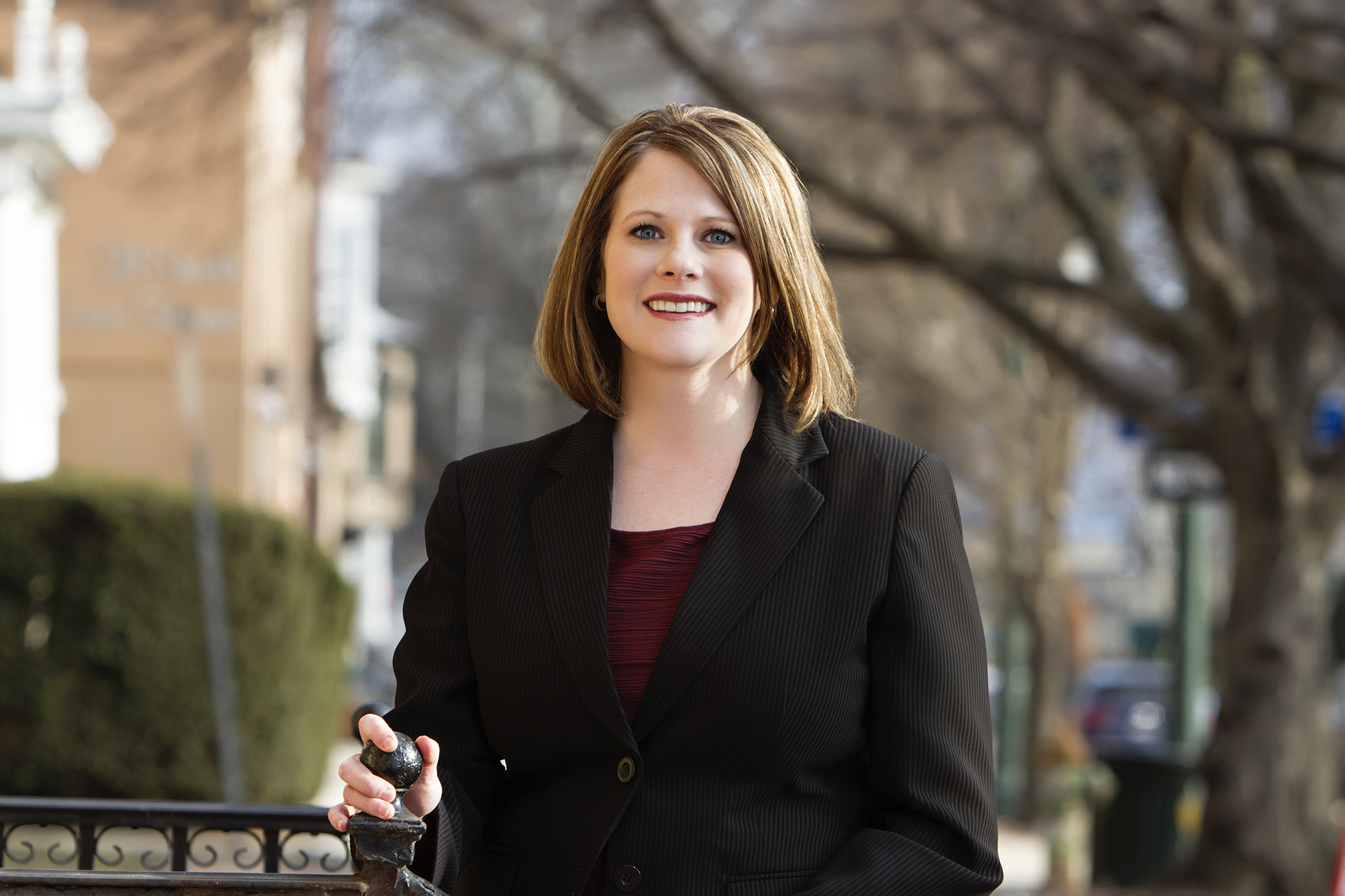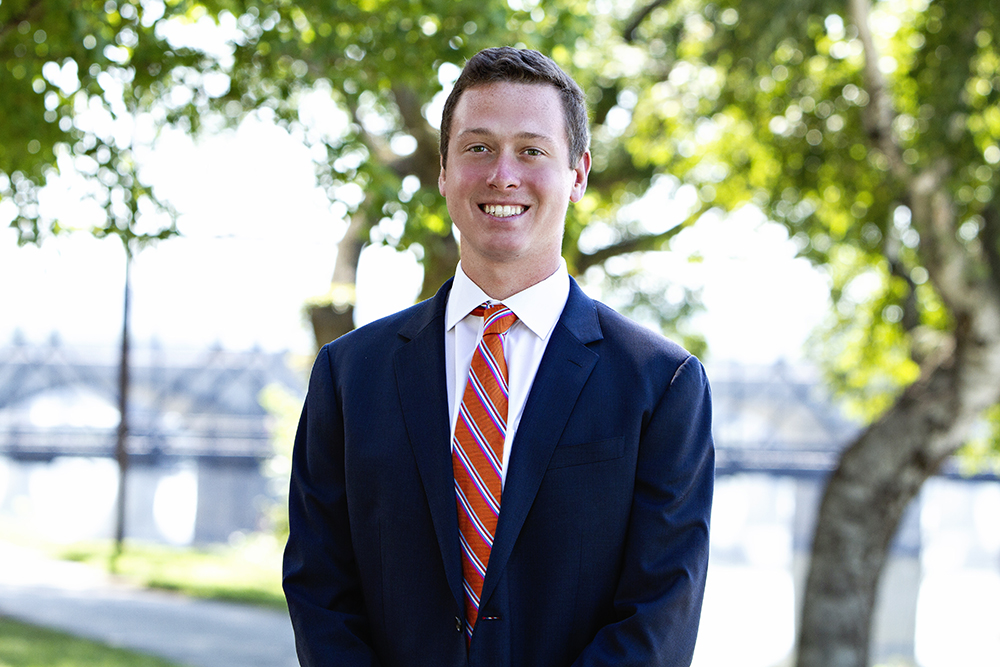JUST RELEASED: New Guidance on SBA Certification and Safe Harbor
May 13, 2020
Publications
by Nicole Stezar Kaylor, Timothy Finnerty, David Noll and Benjamin Ward
The vast majority of Borrower’s under the SBA’s Paycheck Protection Program (the “PPP”) may breathe a little bit easier today, as the SBA has finally issued guidance surrounding the “good faith” certification Borrowers had to make regarding COVID-19’s impact on a Borrower’s operations. Ever since Treasury Secretary Steven Mnuchin warned of “severe consequences” and potential criminal liability for PPP Borrower’s who failed to make the good faith certification that “current economic uncertainty makes this loan request necessary to support the ongoing operations of the Applicant,” Borrower’s have been panicked on whether to pay back their loan proceeds in order to meet tomorrow’s safe-harbor deadline. However, the SBA has now issued additional guidance stating Borrower’s who, together with their affiliates, obtained PPP loans in the principal amount of less than $2 million will be deemed to have made the certification in good faith. The full guidance, which can be found below, also details how Borrower’s of PPP loans in excess of $2 million may still have an adequate basis for the good faith certification. While the guidance does not provide additional clarity on “necessary”, if the SBA determines the certification lacked an adequate basis, the SBA will seek repayment of the loan and the loan will not be eligible for forgiveness. However, in this situation, if the borrower repays the loan, the SBA will not pursue additional enforcement. The safe harbor period to return the loan remains May 14, 2020.
NEW FAQ #46 states:
When submitting a PPP application, all borrowers must certify in good faith that “[c]urrent economic uncertainty makes this loan request necessary to support the ongoing operations of the Applicant.” SBA, in consultation with the Department of the Treasury, has determined that the following safe harbor will apply to SBA’s review of PPP loans with respect to this issue: Any borrower that, together with its affiliates, received PPP loans with an original principal amount of less than $2 million will be deemed to have made the required certification concerning the necessity of the loan request in good faith.
SBA has determined that this safe harbor is appropriate because borrowers with loans below this threshold are generally less likely to have had access to adequate sources of liquidity in the current economic environment than borrowers that obtained larger loans. This safe harbor will also promote economic certainty as PPP borrowers with more limited resources endeavor to retain and rehire employees. In addition, given the large volume of PPP loans, this approach will enable SBA to conserve its finite audit resources and focus its reviews on larger loans, where the compliance effort may yield higher returns.
Importantly, borrowers with loans greater than $2 million that do not satisfy this safe harbor may still have an adequate basis for making the required good-faith certification, based on their individual circumstances in light of the language of the certification and SBA guidance. SBA has previously stated that all PPP loans in excess of $2 million, and other PPP loans as appropriate, will be subject to review by SBA for compliance with program requirements set forth in the PPP Interim Final Rules and in the Borrower Application Form. If SBA determines in the course of its review that a borrower lacked an adequate basis for the required certification concerning the necessity of the loan request, SBA will seek repayment of the outstanding PPP loan balance and will inform the lender that the borrower is not eligible for loan forgiveness. If the borrower repays the loan after receiving notification from SBA, SBA will not pursue administrative enforcement or referrals to other agencies based on its determination with respect to the certification concerning necessity of the loan request. SBA’s determination concerning the certification regarding the necessity of the loan request will not effect the SBA’s guarantee.




